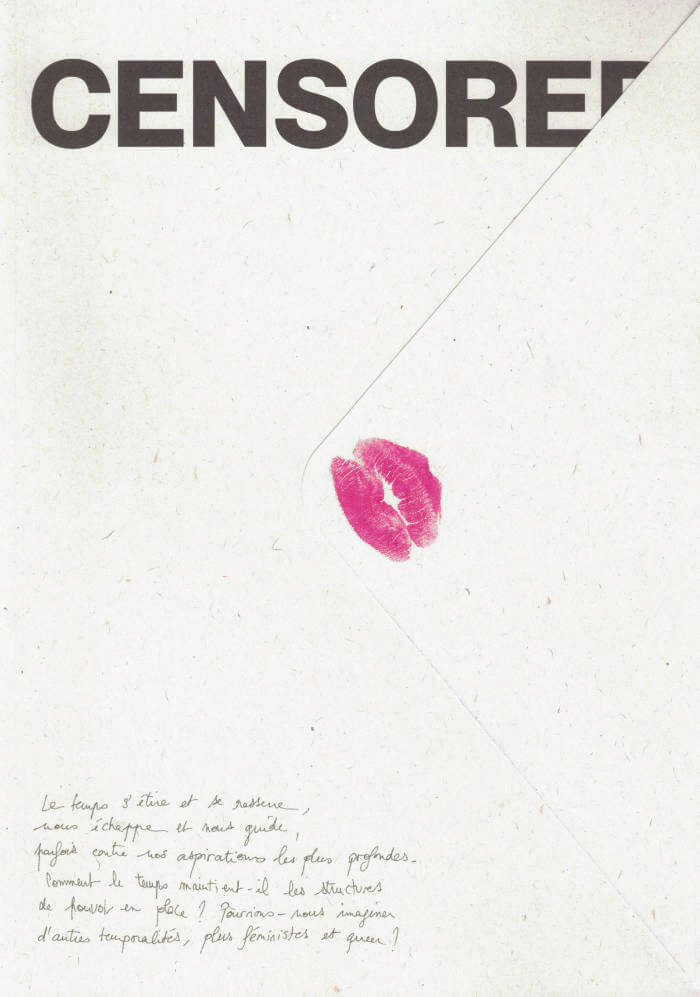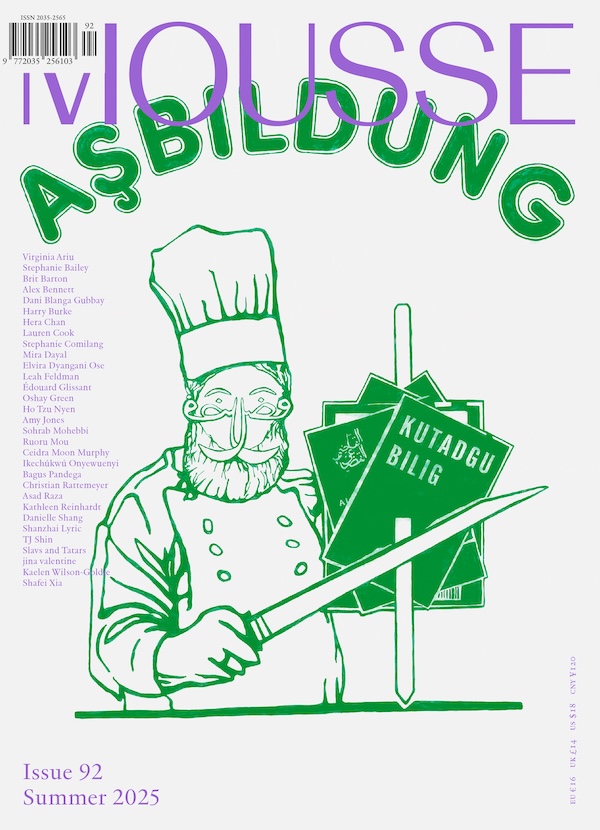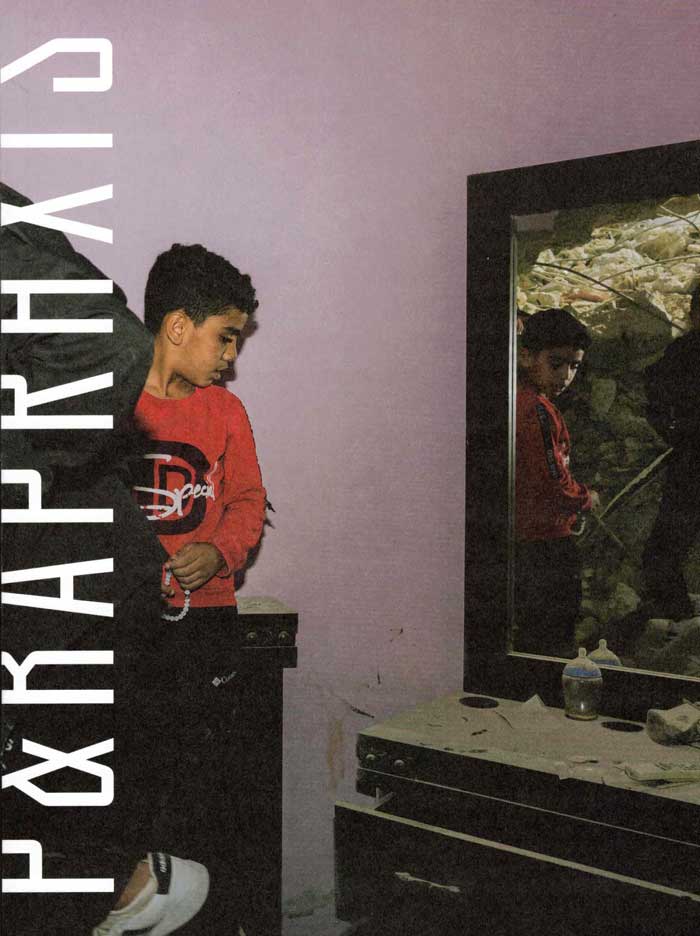
CENSORED 09 - It's About Time!
"Vous rappelez-vous de la dernière fois où vous vous êtes ennuyé·e ? Comment le temps maintient-il les structures du pouvoir en place ? Pourquoi la génération “working girl” ne fait-elle plus rêver ? Pourrions-nous imaginer d’autres temporalités, plus féministes et queer ? Dans son numéro “IT’S ABOUT TIME!” sous forme d’enveloppe géante, la revue Censored examine le concept du temps d’un point de vue féministe. Elle explore la manière dont le rythme de la vie est régi par des exigences sociales normées en abordant notre relation au travail, à la maternité, à la lutte et à la notion de liberté."
À travers des dialogues entre différentes époques, il explore des thèmes tels que la performance, les amitiés créatives et le repos et le divertissement. L’édition inclut des archives, dont un entretien entre Angela Davis et Toni Morrison, des lettres de plusieurs auteurices et poét-esses contemporain·es, des analyses, séries de photos ainsi que cinq cartes blanches à des artistes.
Language: French







